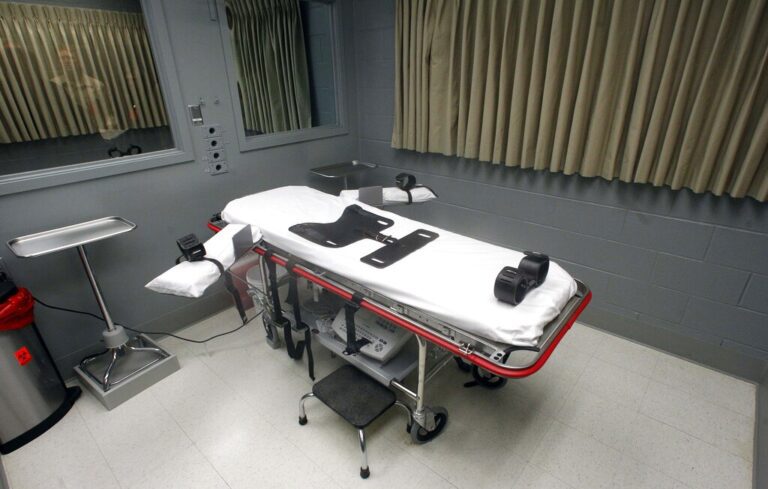Trump Advocates for Death Penalty in Washington, D.C.: A Controversial Stance
Despite the long-standing abolition of the death penalty in Washington, D.C., President Donald Trump is now advocating for its reinstatement for individuals convicted of murder. This provocative statement emerges from an administration focused on addressing crime concerns in the nation’s capital.
Historical Context of the Death Penalty in D.C.
The death penalty has been a contentious topic in Washington, D.C., especially since it was ruled unconstitutional in a landmark Supreme Court decision, Furman v. Georgia, in the 1970s. This ruling pointed to inconsistent applications of capital punishment that violated constitutional rights. Following this decision, the D.C. city council formally abolished the death penalty in 1981 under the Home Rule Act, which allowed for greater local governance.
- Key Decisions Against the Death Penalty:
- 1972: Supreme Court rules capital punishment unconstitutional.
- 1981: D.C. city council votes to repeal death penalty law.
- 1990s: A ballot initiative fails to reinstate the death penalty, despite crime spikes.
Recent Crime Statistics
According to the latest data from the FBI, Washington, D.C. ranks as the 10th most dangerous city in the U.S. based on rates of homicide and non-negligent manslaughter. The city recently experienced a 12-day stretch without a murder, which Trump celebrated yet continued to emphasize the need for more aggressive crime deterrents.
Trump’s Vision for a "Crime-Free City"
During a recent Cabinet meeting, President Trump stated:
“It’ll be a crime-free city. [If] anybody murders [someone] in the capital — capital punishment.”
He expressed that seeking the death penalty for murder convictions would serve as a formidable deterrent:
“If somebody kills somebody in the capital — Washington, D.C. — we’re going to be seeking the death penalty.”
Responses from Officials and Residents
Local lawmakers and officials have consistently opposed reinstating the death penalty, maintaining that it doesn’t align with the values of their constituents. Trump’s pushback against D.C.’s governance further complicates this federal-local dynamic. During the Cabinet meeting, notable lawmakers discussed strategies for cracking down on youth crime, an issue that has gained increasing visibility.
Spotlight on Youth Crime
During the meeting, Trump referred to the increasing involvement of youths in criminal activities:
“They’re children, but they’re criminals, and they’re really bad criminals.”
He stressed the need for legislative changes to hold minors accountable, pointing out a perceived failure in the current juvenile justice system.
The Call for Greater Law Enforcement Measures
In conjunction with his proposals on capital punishment, Trump has signaled an intention to federalize law enforcement in the city, a move that has sparked debates about governance and local autonomy:
- Key Points on Law Enforcement:
- Federal involvement in local crime control.
- Discussion of youth criminal behavior and accountability.
- Emphasis on a stronger stance against violent crime.
Conclusion: A Controversial Proposal
President Trump’s push for the death penalty in Washington, D.C. reignites a heated debate surrounding crime prevention, justice reform, and governmental jurisdiction. This proposal remains polarizing, reflecting the broader national discourse on gun violence and criminal justice. Exploring the effectiveness of such measures versus community-rooted initiatives may shape the future landscape of D.C.’s crime policies.
For further updates on crime statistics, enforcement policies, and community safety, check out resources from the FBI and local D.C. news sources.
Explore More:


